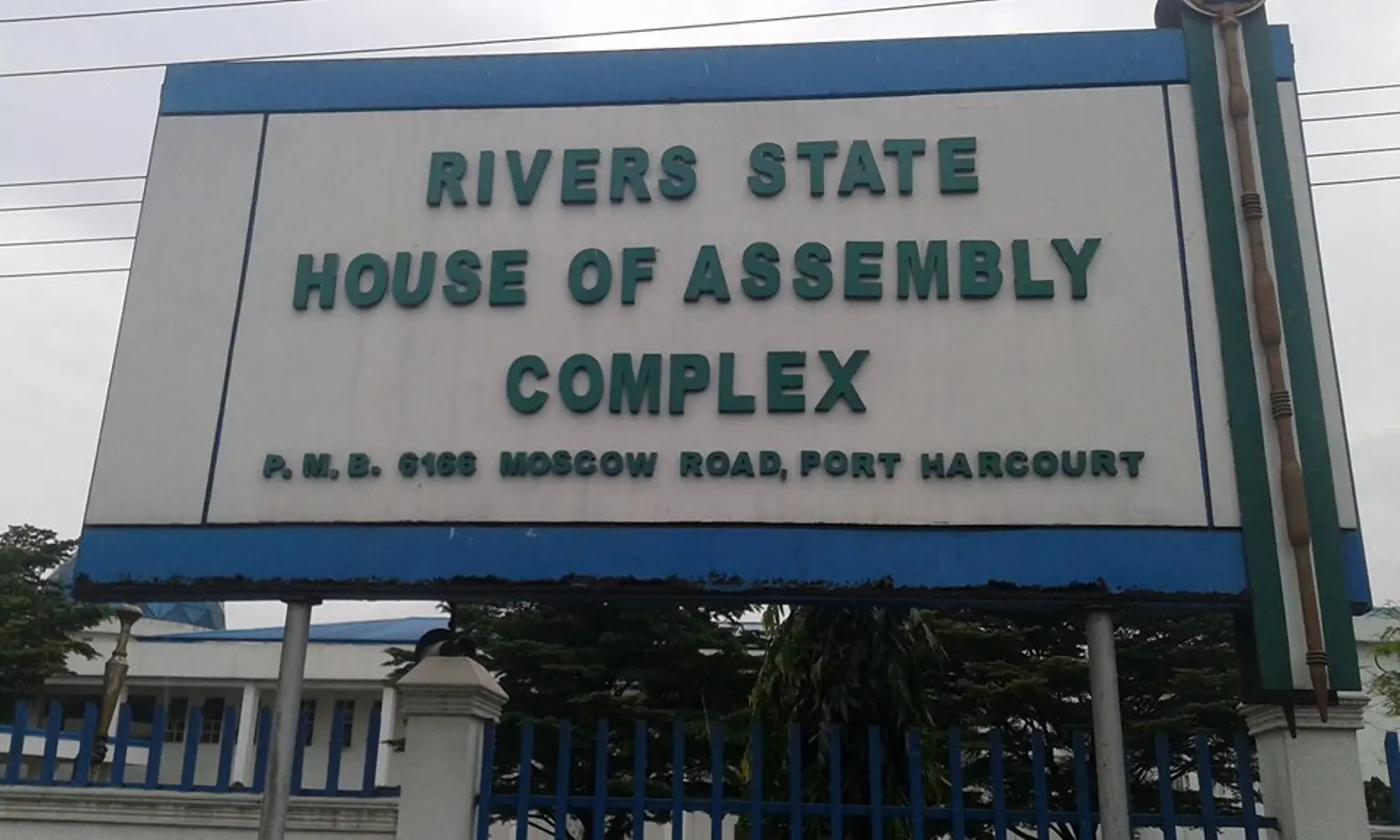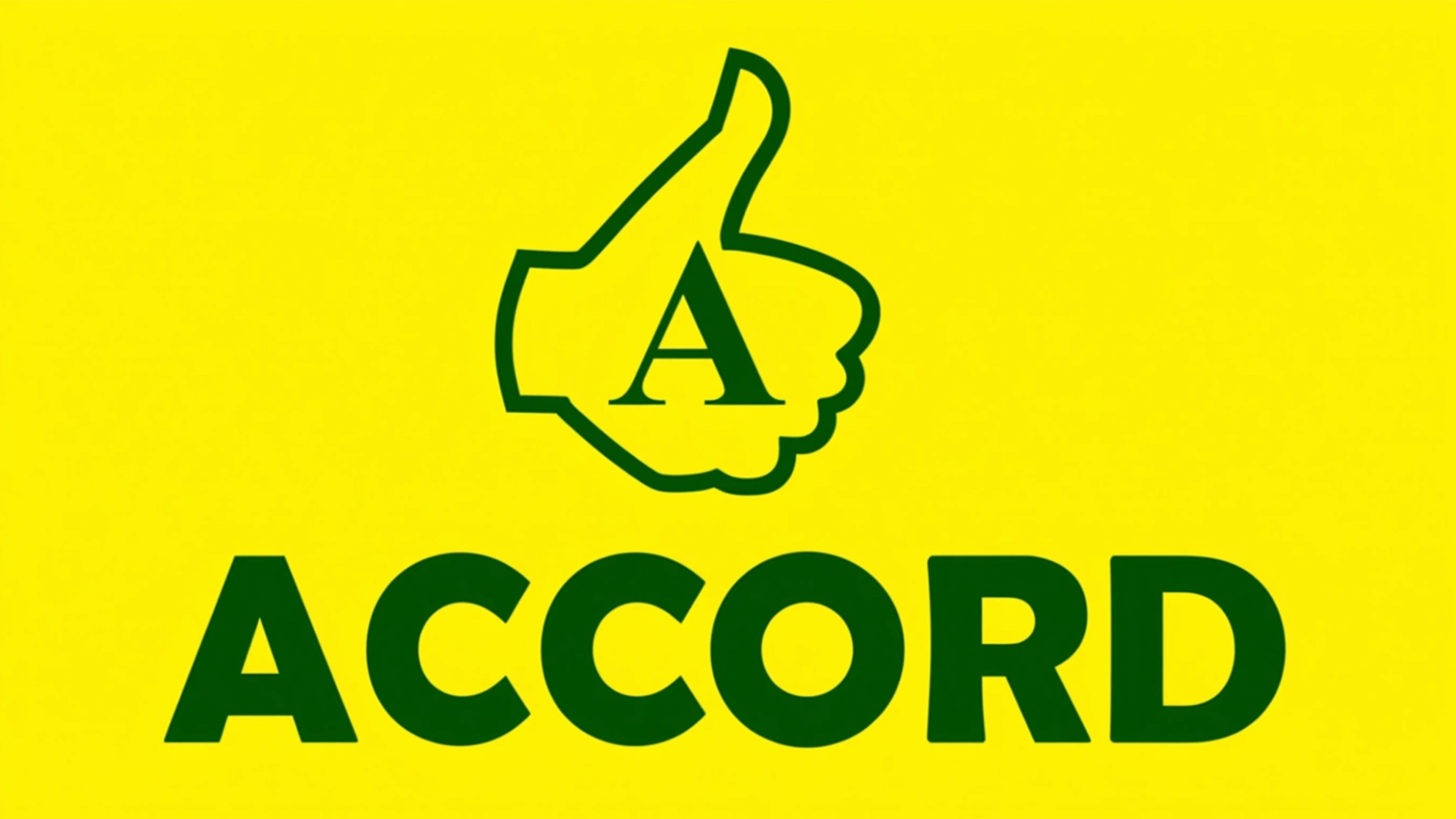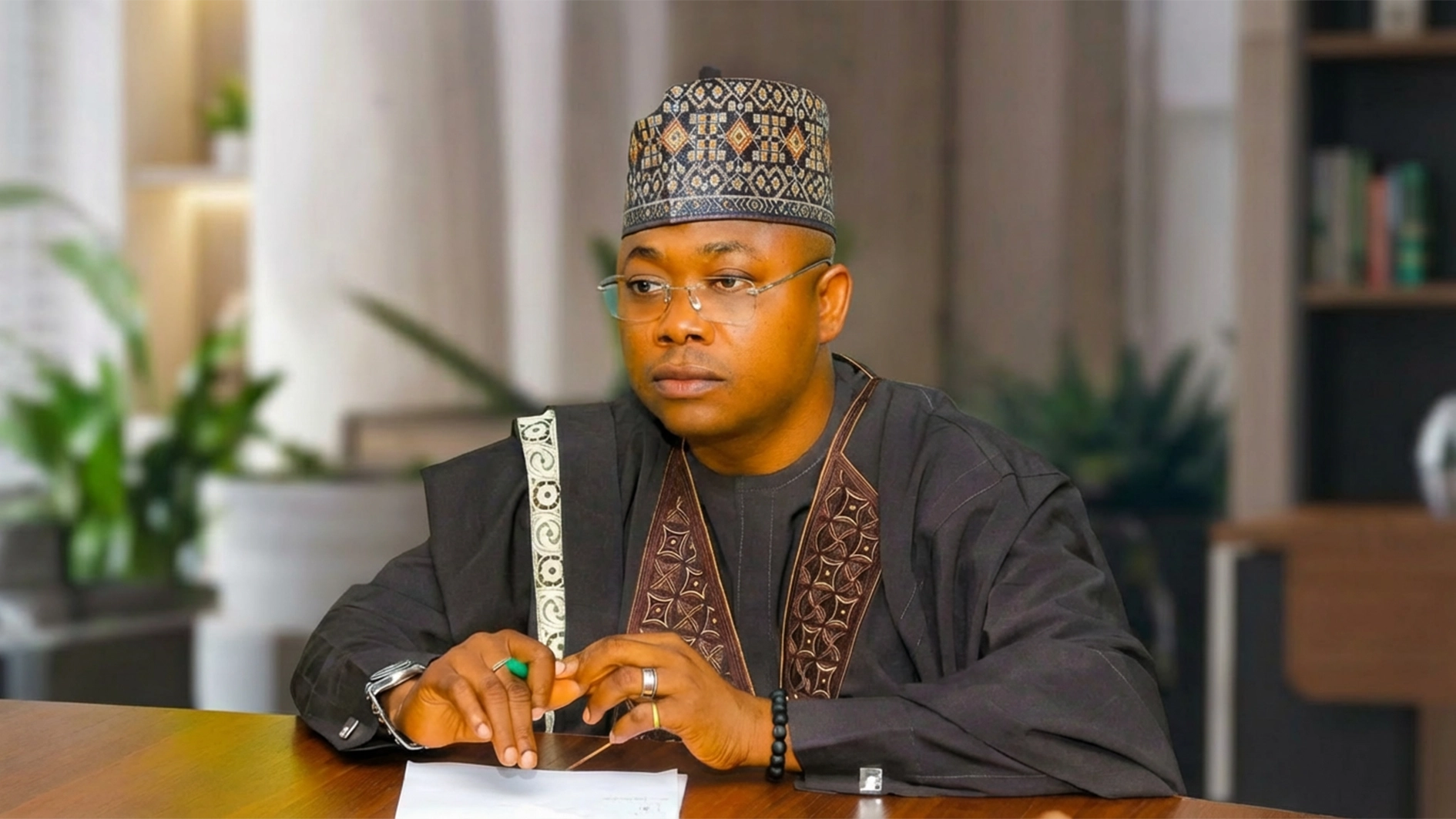
Like a recurring decimal, Nigeria’s Supreme Court has continued to play the role of the final voter in subsequent presidential elections since 2003, four years after the country returned to the path of presidential democracy.
At the peak of electoral contestation are the Nigerian Presidential elections, which has been challenged consistently since 2003 by losers as the big West African country struggles to stabilize its democracy.The country was back to the democratic path in 1999 after nearly 16 years of military rule preceded by brief civilian rule and military intervention in government from October 1, 1960 when Nigeria gained independence from Britain.
Interestingly, incumbent President Muhammadu Buhari of the All Progressives Congress (APC), has been at the epicenter of challenging the winners of the Presidential elections up to the Supreme Court since 2003.
Buhari is a retired military General and was Head of State from 1983 to 1985 and was overthrown by General Ibrahim Babangida. What follows is a rundown of the Presidential Elections contestations at the Supreme Court in the last 16 years.
2003
The Presidential Election Petition Tribunal sitting in Abuja on December 20th, 2004 dismissed the petition filed by General Muhammadu Buhari, the presidential candidate of the All Nigeria Peoples Party (ANPP) challenging the 2003 re-election of President Olusegun Obasanjo.Dissatisfied by the judgment, General Buhari approached the Supreme Court which on July 1,2005, delivered judgement in the appeal filed by him and the ANPP presidential candidate validating the ruling of the Tribunal and maintaining that President Obasanjo won the election.
2007
On November 1, 2009, The Nigerian Supreme Court adjourned without ruling on a challenge to the validity of the 2007 presidential election that brought President Umaru Yar’Adua to power. This was as Nigerians waited with baited breath for the Supreme Court decision on the validity of the election which led to President Umaru Musa Yar’Adua’s victory. Both local and international observers had described the election which held in April 2007 as flawed and failing to meet international standards. Nigeria’s Independent Electoral Commission (INEC) however declared Umaru Yar’Adua of the People’s Democratic Party winner. Chief Justice Idris Kutigi after listening to arguments from lawyers reserved ruling for a later date- meaning the court will deliver its judgement on a date to be announced and adjourned without setting a specific date for the decision.
The challenge to the election was brought by two opposition candidates, namely General Muhammadu Buhari and former Vice President Atiku Abubakar. The two men sought to nullify the votes. Local and international observers had at the time described the elections as deeply flawed because of widespread intimidation, disorganization and fraud.
At his inauguration, President Yar’Adua acknowledged there were “lapses and shortcomings” in the elections, and promised to address the controversy.
2011The Supreme Court on December 28, 2011 in Abuja affirmed the decision of the Court of Appeal and upheld the victory of President Goodluck Ebele Jonathan in the Presidential Election which held on 16th April, 2011.
In a unanimous decision, the apex court held that Muhammadu Buhari who is the Presidential candidate of the Congress for Progressive Change, CPC, failed to discharge the burden of proof placed upon it by the Electoral Act to prove its allegation that the Independent National Election Commission, INEC, did not conduct the election according to the provisions of the law.
The court held that the allegation of non compliance as alleged by the appellant, the CPC, was not proven and that the burden did not shift to the electoral body or any of the respondents, to prove that the alleged allegation of non compliance was enough to have affected the outcome of the election.
In the lead judgment, which was read by Justice Olufunmilayo Adekeye, the court held that mere allegation of substantial non compliance by the CPC, does not automatically shift the burden to the respondents to proof that the outcome of the election was not affected by such non compliance.The court further held that the refusal by the trial court to allow the CPC swap witness deposition and which the party failed to appeal against took the wind out of their petition in that there was no evidence in the acceptable format to support the party’s allegation of substantial non compliance in the election.
Consequently, the court dismissed the appeal and affirmed the decision of the Court of Appeal which upheld the victory of President Goodluck Jonathan and Vice President Namadi Sambo as winners of the Presidential election.Apparently flustered after losing three previous attempts at upturning the votes in his favour at the Supreme Court, General Muhammadu Buhari slammed the court for closing its eyes to the abuse of the electoral guidelines by INEC and decried the refusal of the electoral body to allow his party have access to materials used by INEC in the conduct of the election to enable them proof their allegation of malpractices during the election.
He blamed the violence which broke out in some states after the presidential election on such electoral malpractices and maintained that the Supreme Court which ought to use its powers to address such, had chosen to look the other way in returning a verdict upholding the results of such a marred election.
Minutes after the case was dismissed Mallam Nasir el Rufai, former minister of Federal Capital Territory and now Governor of Kaduna state took to twitter to deride the judgement.
El-Rufai who sat beside General Muhammadu Buhari during the delivery of the judgement at the Supreme said the party lost the appeal because it was not allowed access to biometric data and voters register to prove its case.He added that it was baffling that the apex court did not note this in its judgement. He lamented that there no mention of refusal to give them access to ballot papers and biometric register! What a country! El rufai said in his first twitter post.
In his second post, El-Rufai linked CPC inability to prove its case to the removal of Justice Isa Ayo Salami as President of Court of Appeal: How can CPC prove its case when Salami, PCA was removed to ensure that access to ballot papers and biometric register of voters are denied? Sad.On his part, then President Jonathan welcomed the unanimous confirmation by the Supreme Court affirmation of his victory in the April, 2011 Presidential elections.
Jonathan applauded the ruling by seven justices of the court which puts a final seal of approval on his victory that was already acknowledged by the vast majority of ordinary Nigerians, political parties and the international community.He also commended his main challenger, General Muhammadu Buhari for availing himself of the country’s legal and judicial system in expressing his reservations about the conduct of the elections.
“Now that that process has run its full course, President Jonathan hopes that General Buhari and his party will accept the ruling of the esteemed Judges of the Supreme Court in good faith and join hands with him and other well-meaning Nigerians to build a united, stronger and prosperous nation that present and future generations of Nigerians can be proud of.He expects that General Buhari will continue to contribute positively to national development and also mobilize his supporters across the country to join in the process of national reconciliation and national renaissance.President Jonathan thanks all Nigerians once again for their trust and confidence, which gave the Jonathan/Sambo ticket an overwhelming victory in the elections.
He assures the nation that the federal government, under his leadership, will remain fully focused on its objectives and continue to work assiduously to implement its agenda for national transformation in fulfilment of his promise of better living conditions for all Nigerians” a statement by his media team said.
2015
The Presidential elections of 2015 marked a huge watershed in Nigeria’s Democratic journey. It also saw incumbent President Buhari realizing his long time ambition to be a civilian president after then President Goodluck Jonathan, in an unprecedented phone call, congratulated Buhari and conceded defeat.
How it all began: With presidential election results from all but one of Nigeria’s 36 states counted, and the candidate of the All Progressives Congress, Muhammadu Buhari, clearly in unassailable lead, President Goodluck Jonathan telephoned Mr. Buhari to concede defeat.
The spokesperson of the APC, now Minister Information and Culture, Lai Mohammed, told reporters in Abuja after the phone call that President Jonathan had conceded defeat.He said the president called Mr. Buhari to congratulate him on winning the presidential election, adding, “The President called General Buhari at 5: 05 pm this evening to congratulate him for emerging victorious,” Mr. Mohammed said. He commended the president for “that singular act”.






